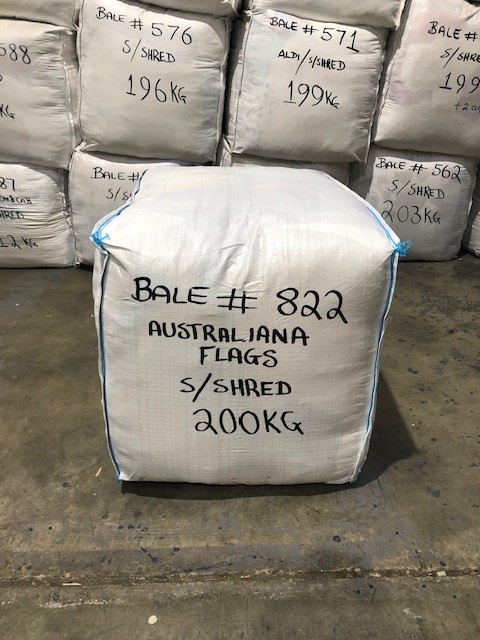Our commitment to sustainability is part of what we value. We strive to reduce our environmental footprint each year. Sustainability and circularity are an essential part of textiles, The reduction in waste and the regeneration of resources is inherent in our flag business. Carbon emissions have broad ranging effect on the community and our environment in which we are custodians.
We aim to minimize our impact on our environment and maximize the effective use of resources. We aim to achieve this by increasing communication and awareness and fostering responsible environmental behavior amongst staff, contractors, suppliers, and customers.
We are committed to comply with applicable State and Commonwealth law in our operations to minimize risks and impact to detrimental effects on the environment.
According to the World Bank the textile industry accounts for ten percent of the worlds global carbon emissions. As a company we are in a unique position to be effective by reducing our carbon footprint in our operation.
We recognize that there is a significant carbon output from production of textiles which includes flag bunting. Our product should be a long- term investment and not a commodity item.
The key point to takeaway is when you purchase our flags you buy better. It is important to us that our product is Made in Australia and lasts longer.
Packaging
We are committed to reducing the amount of waste within our business, by eliminating unnecessary packaging and using paper, cardboard from FSC (Forrest Stewardship Council) suppliers and plastic from Redcycle program suppliers so we can move to a closed-loop or open-loop recycling system.





